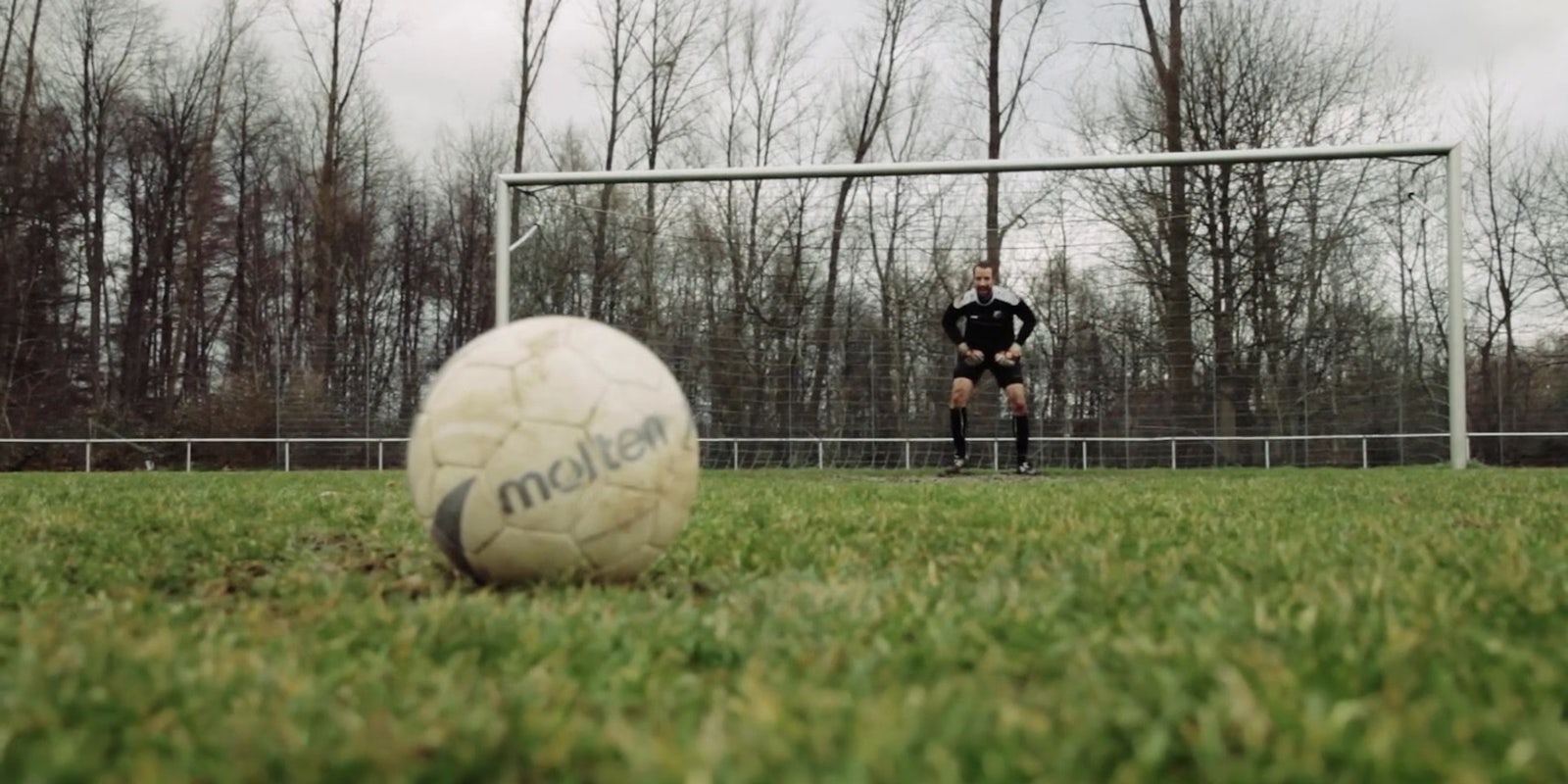So it turns out that your useless teenage son is actually on to something.
His door closed and blinds pulled shut as you trudge out to work, and then planted like a hairy bag of meat in front of American Pickers upon your return: “Inaction! Procrastination! Indolence! Apathy!” you shout internally at his gormless face.
But think about it. Is what he’s doing—practically nothing—really any less worthwhile than the spreadsheets and coffee you made in the office today? Is his 3pm meeting with RedTube any less important than yours with HR, especially on a sensory level?
British writer Steven Poole suggests not. Or that at the very least we need to think a little more about the arbitrary distinction placed upon certain activities through the use of the term “work.”
“Any kind of activity that isn’t work is undervalued,” he says, “and the way we say that we do value something is to call it work, even if it’s not actually part of our job.”
And this terminology feeds into our understanding of what a productive day or person may be. While few would call time with friends or relaxing entirely worthless, nor is it work, so a day at the beach with your pals would never be determined a “productive” one.
This thought—that there is unappreciated value within inaction and leisure—is the starting point for Itai Keshet’s fascinating webseries Sluggish. The first season, four meditations around this theme, looks to pinpoint the “upsides of wasting your time.”
The idea for the series came out of Keshet’s conversation with artist Ignacio Uriarte, who would eventually become the subject for the second episode. Uriarte describes his art as doing “office work without the work”—creating repetitive drawings with Bic pens, mazes in Excel, a 100-page Word document, and a human voice homage to what he calls the soundtrack of the office, the typewriter. That piece, a 21-minute procession through the sounds of almost a century of different models “recited” by Police Academy’s Michael Winslow is to be admired for its completeness, if not, perhaps, its gratification.
While initially it may seem that Uriarte’s art is an attempt to inflate the value of hum-drum office production, giving it credence by placing it within an artistic context, it does the opposite. What emerges is a restricted world, illustrated by Uriarte with readily available office supplies, where the actions of typing, writing, graphing, or recording are mimicked in a hollow display of “productiveness.”
“I thought—hmm, there are so many other interesting things to say about this same topic from different perspectives, the idea of productivity being the ultimate virtue of the time,” Keshet tells the Daily Dot via email. “So that led to the idea of making several videos as a series.”
And so followed a conversation with Gavin Pretor-Pinney, a cloud enthusiast and most fascinating of all a discussion on action bias—concerning situations when it is hard not to do something even when you’re making things worse—with Professor Michael Bar-Eli. The episode is excellent in its explanation on the importance of absence and inaction, citing the futility of changing lanes in traffic and trading just because you haven’t for a while. And its centerpiece, Bar-Eli’s paper that revealed that soccer goalkeepers would be better served standing in the middle and not diving to either side during penalty kicks, is worth perusing on its own.
Keshet confirms that the second series is underway and will contain a similar multi-disciplinary approach to a single, intriguing topic.
“The basic idea is that if you are interested in art or science or sport you might come across just one of the stories because that’s where you hang out online but if you are interested enough hopefully you can watch the rest of the videos and that will take you somewhere else” says Keshet. “It sounds like a trivial idea but you actually don’t see this kind of format that often, except in podcasts.”
It’s an excellent series—thoughtful, contemplative, and nicely edited. It’s the sort of thing that others have attempted but without an ounce of the intelligence. Whether you’re convinced by its argument that there is value to frittering away your time watching webseries and online videos, or not, Sluggish is certainly worthwhile in its own right.
Screengrab via Sluggish/Vimeo


